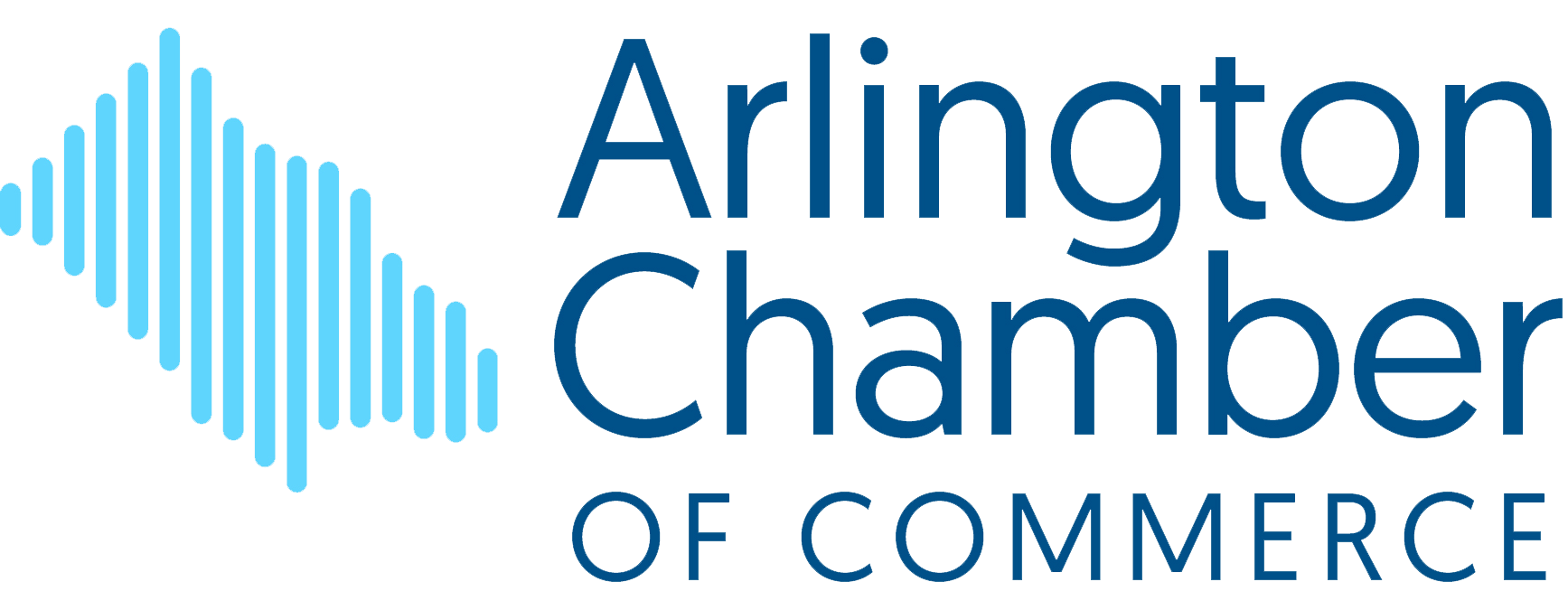The Virginia General Assembly convened its 2018 legislative session on Wednesday, January 10. The legislature is set to meet for 60 days this year, during which time, it is anticipated that the legislature will consider and act upon close to 3,000 individual proposed measures. Throughout the legislative session, the Arlington Chamber of Commerce’s Government Affairs & Economic Development Committee will track numerous pieces of legislation affecting the local business community and engage the Arlington delegation and other targeted decision-makers on policy priorities outlined in the Chamber’s 2018 General Assembly Public Policy Positions.
As a flood of legislation continues to be introduced, several noteworthy proposals have already been published:
Transient Occupancy Tax for Tourism Promotion
Senator Janet Howell and Delegate Patrick Hope have introduced legislation on behalf of the Arlington Chamber to renew the County’s authority to impose a 0.25% surcharge to Arlington County’s transient occupancy tax (TOT) for funding tourism promotion and repeals the existing two year sunset. Currently, the authorization for the tax expires on July 1, 2018. This is the Chamber’s chief legislative priority for the 2018 session, as the tax generates an estimated $1 million annually in promotional spending, translating into $5 million in tax revenue for the Commonwealth of Virginia.
Senator Howell’s S.B. 69 has been assigned to the Senate Committee on Finance. Delegate Hope’s bill, H.B. 18 is identical to the Senate bill and is currently pending referral to a House committee.
Minimum Wage/Labor Issues
Already, six separate bills have been introduced seeking to raise the minimum wage. The proposals vary in their approach. S.B. 58, introduced by Senator John Edwards (D-Roanoke), would incrementally increase the minimum wage annually until 2020, bringing the rate up to $10.10 per hour. This approach mirrors Delegate Ken Plum’s (D-Reston) H.B. 715. Delegate Marcus Simon (D-Falls Church) introduced H.B. 518, also employing the incremental approach to bring the minimum wage up to $15 by 2022. Senator Rosalyn Dance (D-Petersburg) introduced S.B. 251, which also strives for a $15 per hour minimum wage, but with a more aggressive timeline of 2021. Senator Dave Marsden’s (D-Burke) S.B. 240 incrementally increases the minimum wage to $11.25 per hour by 2021. Arlington Delegate Mark Levine’s H.B. 39 would allow local governments to establish their own minimum wage. Another, the altered political landscape in Richmond makes such measures far more viable in 2018 than in previous legislative sessions.
A number of other labor issues will receive consideration this year. Arlington’s own Delegate Mark Levine has introduced H.B. 40 to extend Family Medical Leave Insurance (FMLI) benefits to all individuals serving as a qualified caregiver for up to 60 days per year. H.B. 240, introduced by Delegate Sam Rasoul (D-Roanoke) would prohibit an employer from inquiring about a prospective employee’s salary history. H.B. 626, introduced by newly elected Delegate Hala Ayala (D-Woodbridge) would disallow company policies to require that employees not discuss or disclose salary information. Each of these proposals is expected to receive consideration in the House Commerce & Labor Committee.
Energy Benchmarking
Delegate Richard Sullivan has introduced H.B. 204, which mandates energy benchmarking and disclosure, providing access to data on energy usage in covered buildings. In buildings with a gross floor area of not less than 50,000 square feet, the bill authorizes a locality to adopt an ordinance requiring measured energy usage data for multiple utility accounts of customers receiving service in the building. This is a concern because it requires the disclosure of proprietary business information and opens property owners and their tenants up to additional onerous regulation. The bill is currently pending committee referral.
Legislative introductions continue to be published at a furious rate and what we’ve seen so far only represents the tip of the proverbial iceberg. The Chamber’s Government Affairs & Economic Development Committee will continue to monitor and engage on bills as they are introduced and make their way through the legislative process. Members are welcome and encouraged to attend and participate in the Committee, which meets every other Wednesday at the Chamber office.


 RSS Feed
RSS Feed
